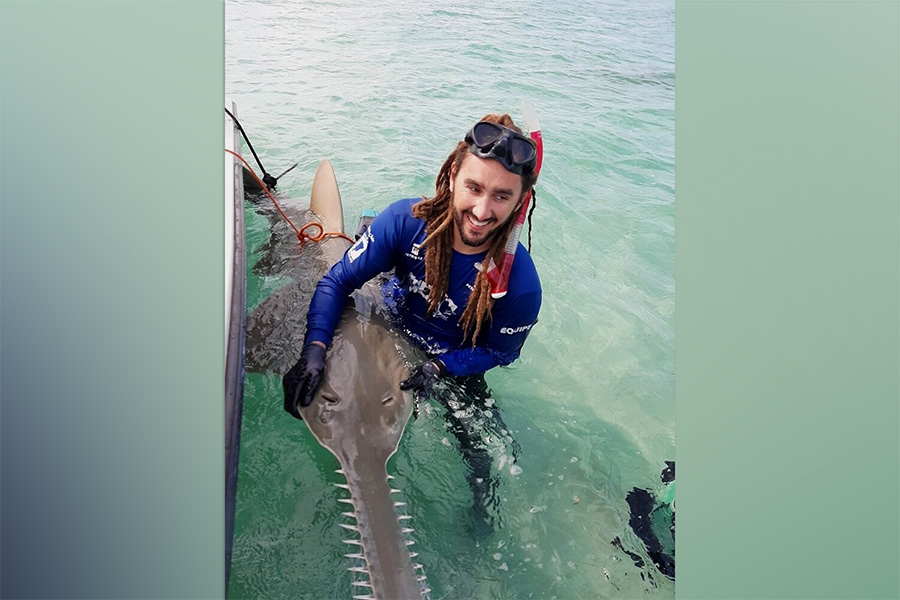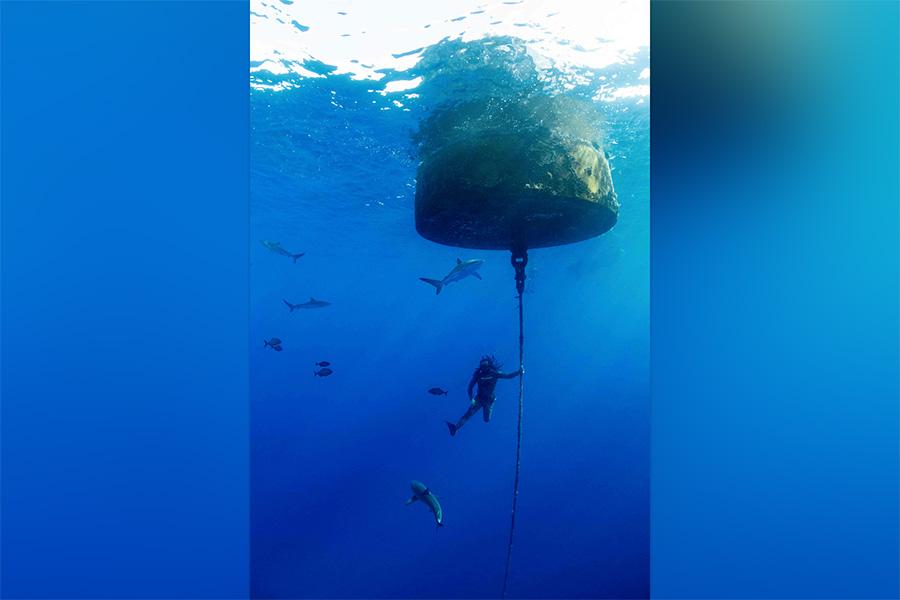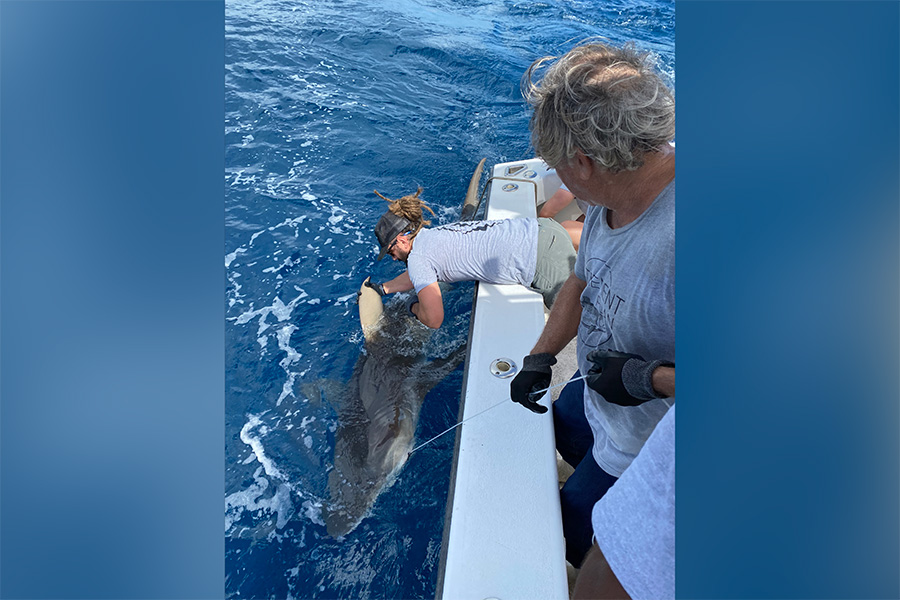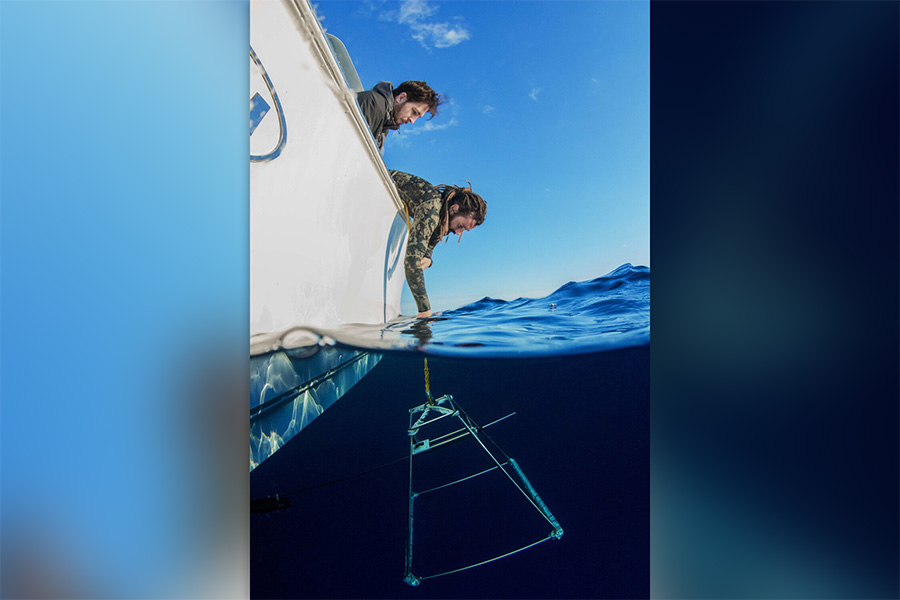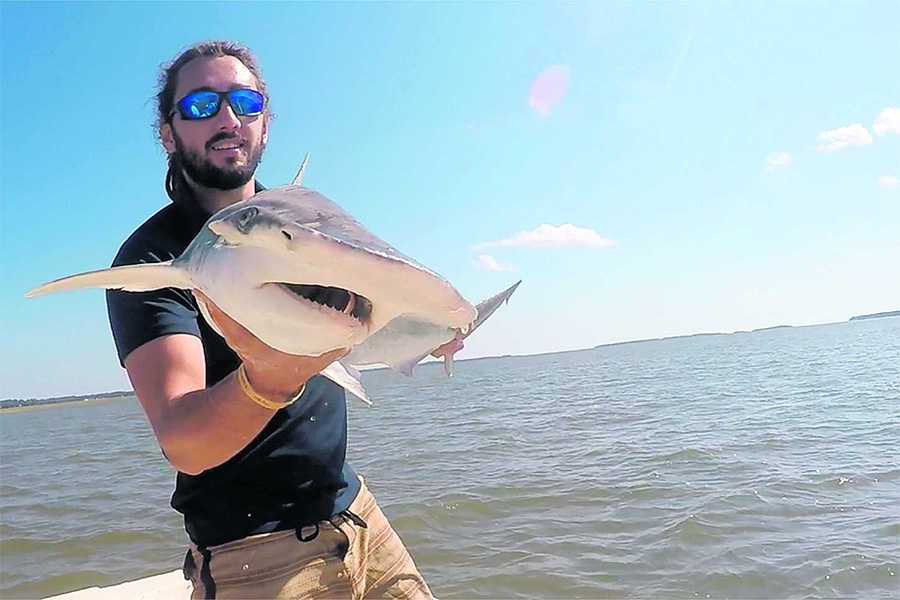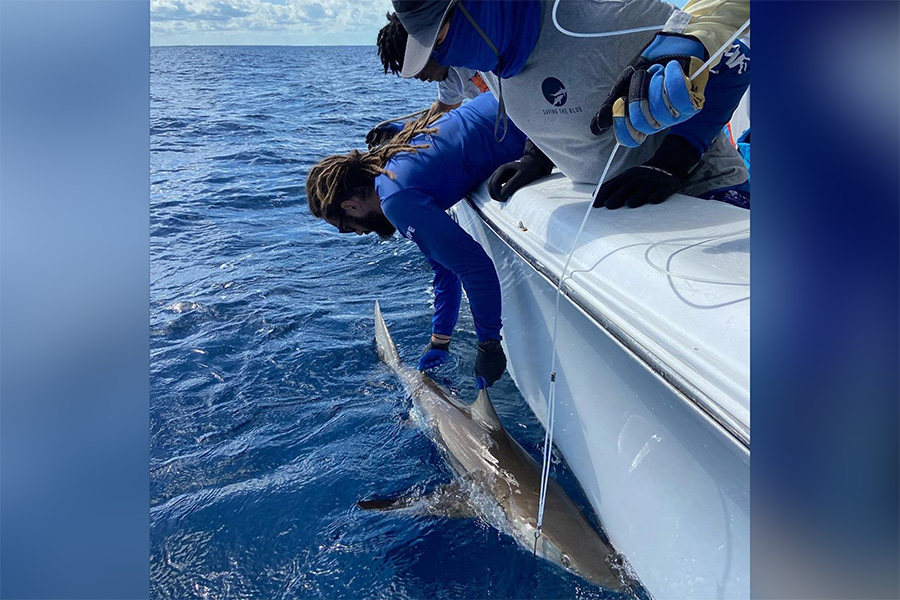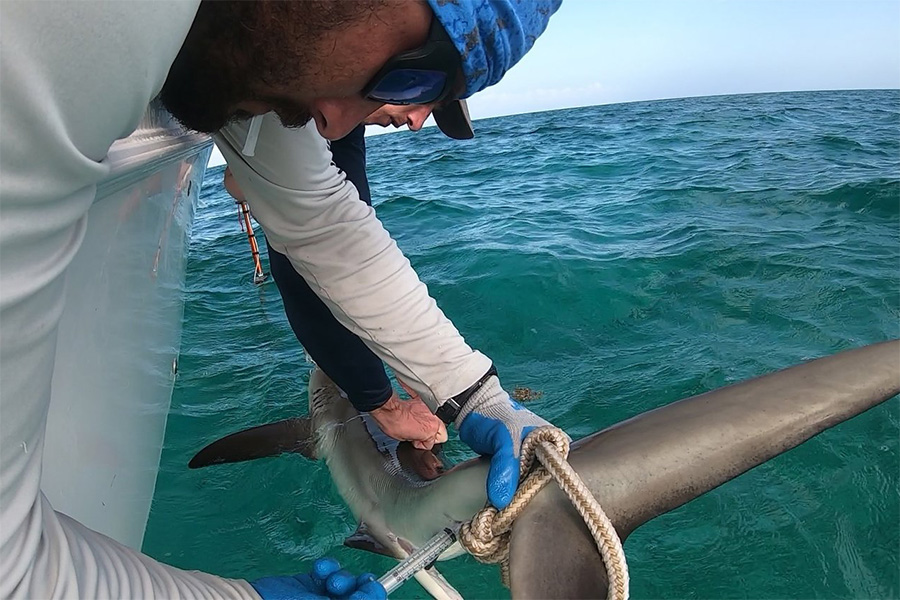Alumni Spotlight: Bryan Keller
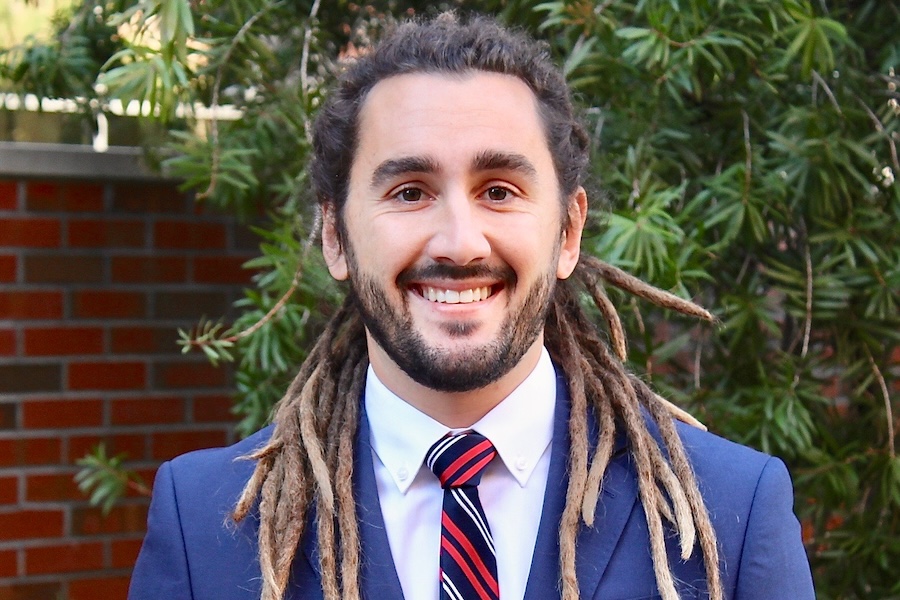
Bryan Keller graduated from Florida State University in 2020 with a doctorate in biological oceanography through the Department of Earth, Ocean and Atmospheric Science, part of the College of Arts and Sciences. While at FSU, Keller was selected for the National Oceanic and Atmospheric Administration’s Sea Grant Knauss Fellowship, which matches highly qualified graduate students with hosts in the legislative and executive branches of government in Washington, D.C. and allows fellows to gain experience in fields such as marine resource management. The fellowship led to Keller’s current role as a foreign affairs specialist for NOAA, traveling the world to represent the U.S. and negotiate on issues related to fisheries management on the high seas.
Tell us a little about your background.
I was born and raised in Tucson, Arizona, but living in the desert didn’t exactly provide many opportunities to interact with marine life. When we visited family on the coast, I explored nearby aquariums and eventually became an avid diver. While working towards my bachelor’s degree in ecology and evolutionary biology at the University of Arizona, I studied UA’s large fish collection, with thousands of specimens from the Sea of Cortez. A summer internship at the Bimini Biological Field Station — a shark-focused research lab in the Bahamas — cemented my interest in pursuing a master’s degree. After graduating from UA in 2012, I enrolled at Coastal Carolina University and conducted research on-site at BBFS, investigating lemon shark social behavior. I graduated with my master’s in 2015 and came to FSU the following year.
What inspired you to pursue a doctorate at FSU?
While at BBFS, I met Dean Grubbs, associate director of research at FSU’s Coastal and Marine Laboratory and research faculty in the Department of Biological Science, who eventually became my doctoral adviser. Earning my master’s degree was a great experience, and pursuing a doctorate was the next step in my then-plan to become a research professor. I set my sights on FSU to work with Dr. Grubbs.
Tell me about your current role as a foreign affairs specialist at NOAA.
When I landed the Knauss Fellowship in early 2020, I was placed in NOAA’s Office of International Affairs, Trade and Commerce, which works to engage with other nations through various international fisheries organizations to promote sound management and conservation of global fisheries resources. This work is particularly important for international waters, or the high seas, as individual nations don’t have jurisdiction, so they must work together to ensure the resources in those waters are managed sustainably. After almost a year as a fellow, I was selected for a full-time position.
Why is your work important?
The ocean is a black box to many people. When someone buys a steak at the grocery store, they probably have a mental picture of a cow living on a farm. Fewer people know how wild-caught fish end up on their plate. Many prized fish are highly migratory — take swordfish or tuna, for example. These species may cross over jurisdictional boundaries, swimming from the waters of one country to the next or perhaps through international waters. The highly mobile nature of these fishes makes it important to work with other nations to ensure the sustainability of the shared resources.
What are some of the challenges of your job?
Decision-making bodies can operate by consensus, so everyone needs to be on the same page in order for an agreement to be reached. This can make the work challenging, but also highlights the importance of collaboration. Accommodating different time zones for virtual meetings across numerous continents can also be quite interesting!
How did your time at FSU prepare you for professional success?
My work is highly dependent on my scientific advice. While these negotiations may seem to be more policy- or management-oriented, my firsthand familiarity with different species and fisheries is helpful. In addition, my time at FSU taught me to think more critically, which improved my problem-solving skills.
Can you tell us about an impactful experience during your time at FSU?
Dr. Grubbs led a small team in the Bahamas where we conducted a survey for smalltooth sawfish, one of the world’s most endangered species of marine fish. We caught a large female and soon realized she was in the process of giving birth. It was an incredibly unique opportunity to see a smalltooth sawfish in the wild, let alone see one give birth. To our knowledge, we’re the only people to ever witness it, and were able to video the entire process.
Are there any faculty or staff members who inspired you?
I spent more time at CML than I did on the main campus, and the staff and faculty there are very inspiring people. Of course, Dr. Grubbs is the reason I came to FSU, as I knew working with him would expose me to experiences that I couldn’t get elsewhere; I really value my time in his lab.
What advice do you have for current students?
Gain as much research experience as you can before applying to graduate school. Also, take statistics courses. It’s easy to pretend you’ll never need statistics, but that’s not the case if you pursue anything quantitative. Don’t be afraid to take time off and critically evaluate your goals before committing to a graduate program.


